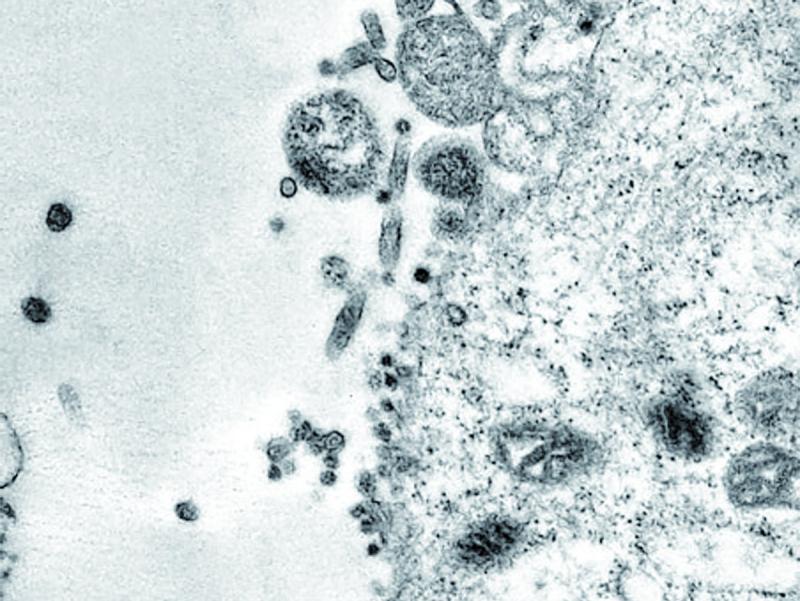Wounded, but stronger
Saying we will get out of this is the easy part, providing details of how is more difficult, even if we do know that it will be wounded, both socially and economically. If the question to be answered is indeed how we are going to get out of it then I can only say that I have to rely on the great trust I have in the ability of all of us – government, companies, organisations and individuals – to define a new normality that allows us to reestablish levels of social trust, undertake the necessary economic reconstruction and recover the forms of social relationship that we have so longed for in these times of confinement.
A first reason for hope is the example that the world of medical science has been setting, showing great resilience, amazing expertise and a strong network of international collaboration. Ingenuity has also been shown in the technological response to quickly create and manufacture new devices needed to meet hospital challenges. Or to reorganise the distribution of basic services, such as food. Moreover, there has been an exemplary civic response, from those who have had to resign themselves to confinement and those who have remained at the forefront of action, both in the world of health care and in the provision of all kinds of emergency and basic services. Exceptions to this commitment may be considered irrelevant.
We have seen enough limitations in the public administration’s response to such a huge and unpredictable emergency. Political leaders have shown themselves to be unequal, some due to ongoing incompetence, others due to the limited scope of their competences and the obstacles that have been imposed upon them, and still others for not knowing how to put aside partisan tactics when these are no longer called for. We will have taken note of that. And, in any case, while exasperated complaints are understandable, we must also understand – and I don’t know if there is enough of this – the extreme conditions in which some people are having to act, with very limited resources and without knowing exactly how the pandemic will evolve.
But we will come out of this as we do all extreme situations: learning from the experience of upheaval, with the tenacity of this stubborn human condition oriented towards survival and progress, and taking advantage of the enormous expertise we have to face up to all sorts of challenges. I do not, however, believe we will see any great revolutions, because we did not start from a situation of desperation and they would not, I don’t think, bring with them any substantial improvements.
Rather, this will have been a serious wake-up call, like surviving a heart attack. It will make us more respectful of research and scientific advances, which will have proved indispensable. It will lead us to be more cautious with the frivolous promises of globalisation. It will force us to keep our feet more on the ground given the fragile condition of our well-being, and to be more foresighted. And for a while at least, we will remember how nice it is to live obliviously in routine normalcy, without grumbling. In short, we will come out wounded in body, but stronger in spirit.


